Latest Posts

3D Printing: Hottest Topic in Manufacturing
Additive manufacturing, or 3D printing as it is more widely known as, is on everybody’s mind right now. Manufacturing folks, engineers, and even the general public have taken an interest in 3D printing. In other words, this is not just a fascinating phenomenon to those in the industry — additive manufacturing has been generally accepted as the next “cool” thing in manufacturing.
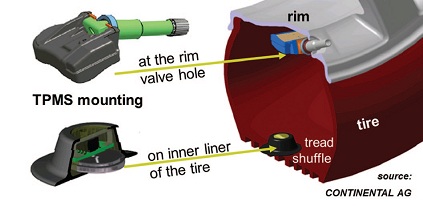
Piezoelectric Energy Harvester Helps Increase a Car’s Efficiency
Much has been written lately about increasing the energy efficiency of cars. Batteries and fuel cells are very hot topics, and not so long ago I blogged about the University of Michigan’s use of solar cells to fully power a car. Yet, even on the smallest of scales, such as the sensors in your car, improvements are being made. Utilizing a MEMS (Micro Electromechanical System) piezoelectric energy harvester, Alexander Frej and Ingo Kuehne at Siemens Corporate Technology in Munich are […]
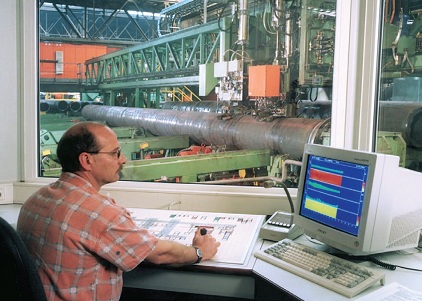
Impedance Boundary Conditions Help in Modeling Nondestructive Testing (NDT)
How do you simplify a 3D geometry to reduce the computational resources required to model it? Do it in 2D. What if the phenomenon can only be properly simulated in 3D? Find the planes of symmetry and reduce the size, most engineering objects are symmetric in some way. What if there is no symmetry, such as the propagation of random cracks through a steel pipe? Well, as this story from COMSOL News 2012 shows, there are other methods, such as […]
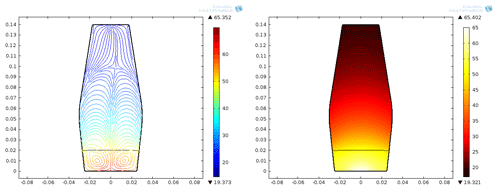
A Closer Look at the Physics Involved in Lava Lamps
Remember those retro desk ornaments of the 1960’s, those lamps filled with colorful wax that began to move when the lamp was lit? I’m talking about lava lamps, or as I like to call them, “Rayleigh–Taylor instability machines”. They may not be popular among today’s youth, but I still own one and I thought it would be interesting to look beyond the dyed blobs of wax and observe the physics involved in lava lamps.
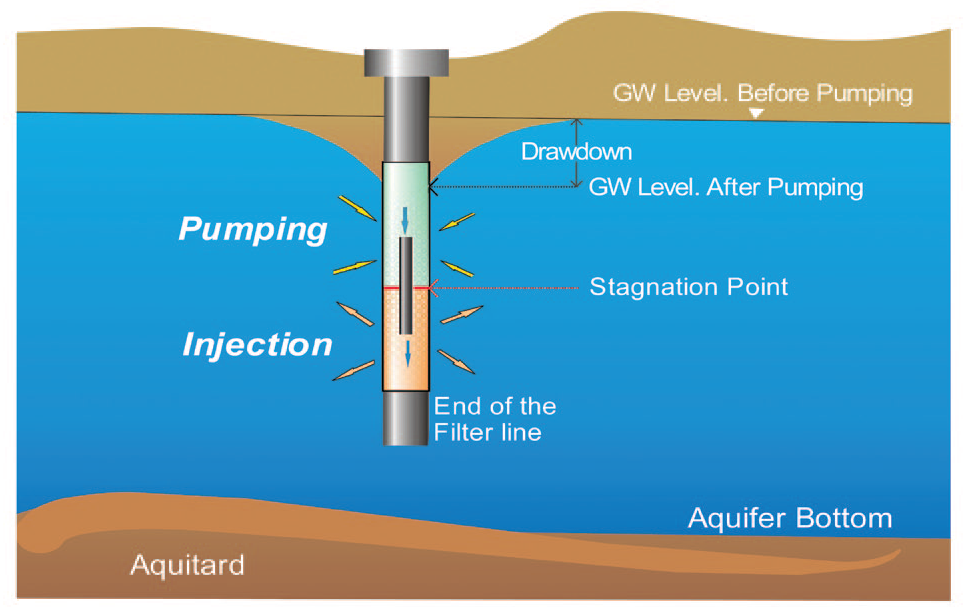
Lowering Water Levels by not Taking Away the Water
Düsensauginfiltration (DSI) is a novel technique for lowering water levels at mining and construction sites while not actually having to transport the water away from these sites. This came to my attention at the latest COMSOL Conference in Stuttgart. There, Ph.D. student Yulan Jin and Assistant Professor Dr. Ekkehard Holzbecher from the Georg-August University in Göttingen, Germany was presenting their research into this groundwater lowering technique.
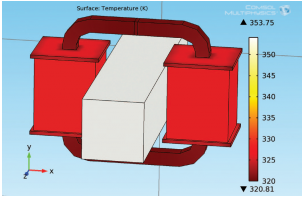
Investigating the Fundamentals of an “Old” Technology
Transformers were first commercially used in the late 1800’s, but they are still being investigated at their fundamental levels. One of the stories from our latest COMSOL News concerns ABB (who themselves have been around since the late 1800’s) and their research into these apparatuses.

Singing Sand Leads to Many Questions
I know, I know… I should spend the weekend relaxing. But every place I visit offers me a variety of natural phenomena I wasn’t aware of and, as an engineer and a multiphysics enthusiast, I can’t help but sit in the sun jotting down a list of the physics involved – possible coupling mechanisms, boundary conditions, materials, and so on (we talked about stereotypes attached to engineer on our Facebook page in May).
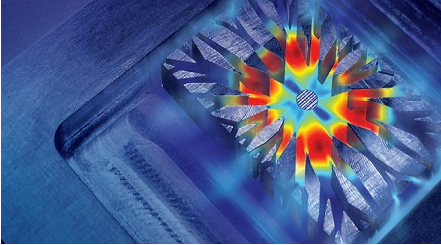
A Cooling Story for These Sweltering Days
I have just come back from a bit of a vacation and boy was it hot! Here, a large part of the US has been going through record high temperatures and most of my time was spent trying to keep cool. How nice then to mention a story about cooling.
